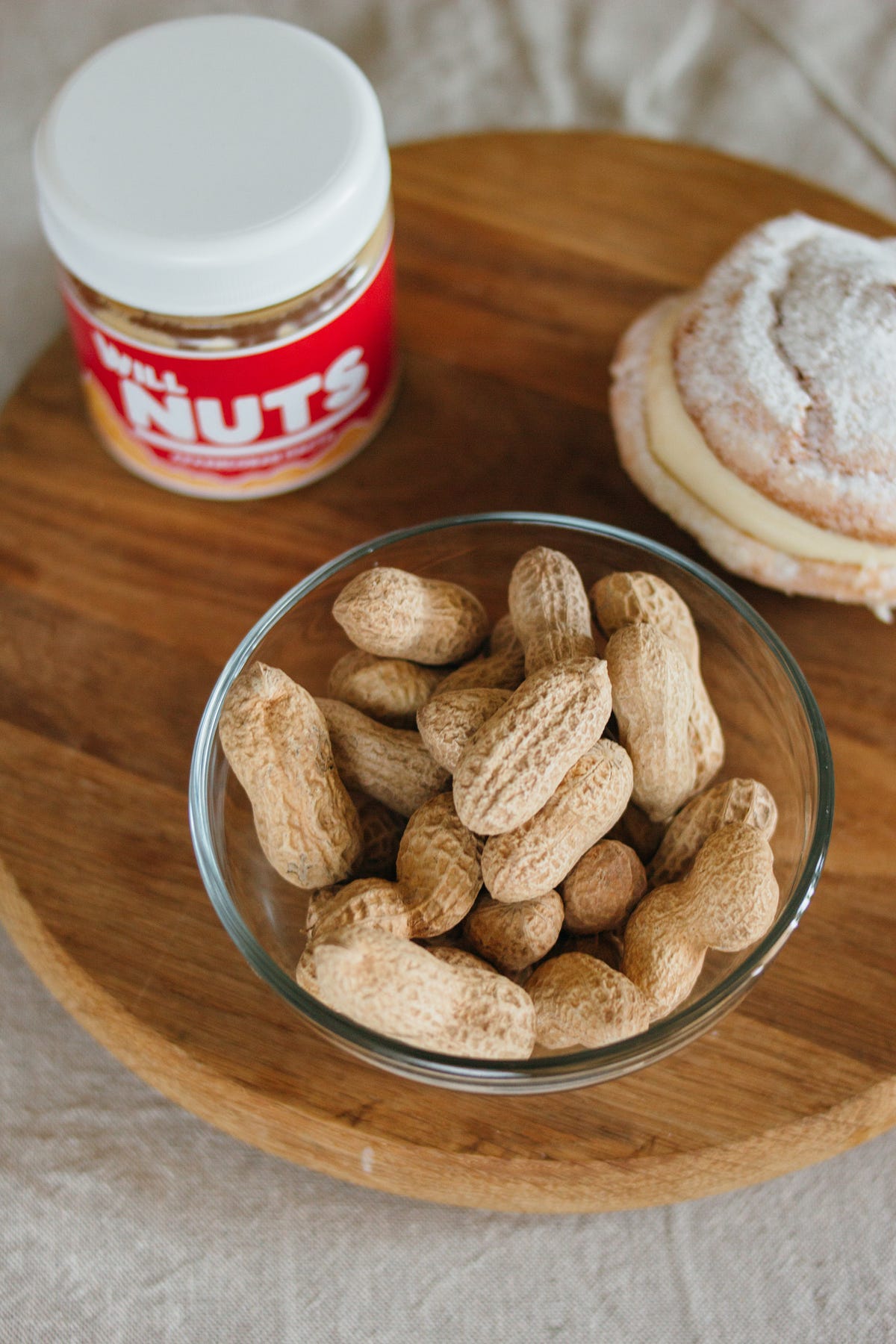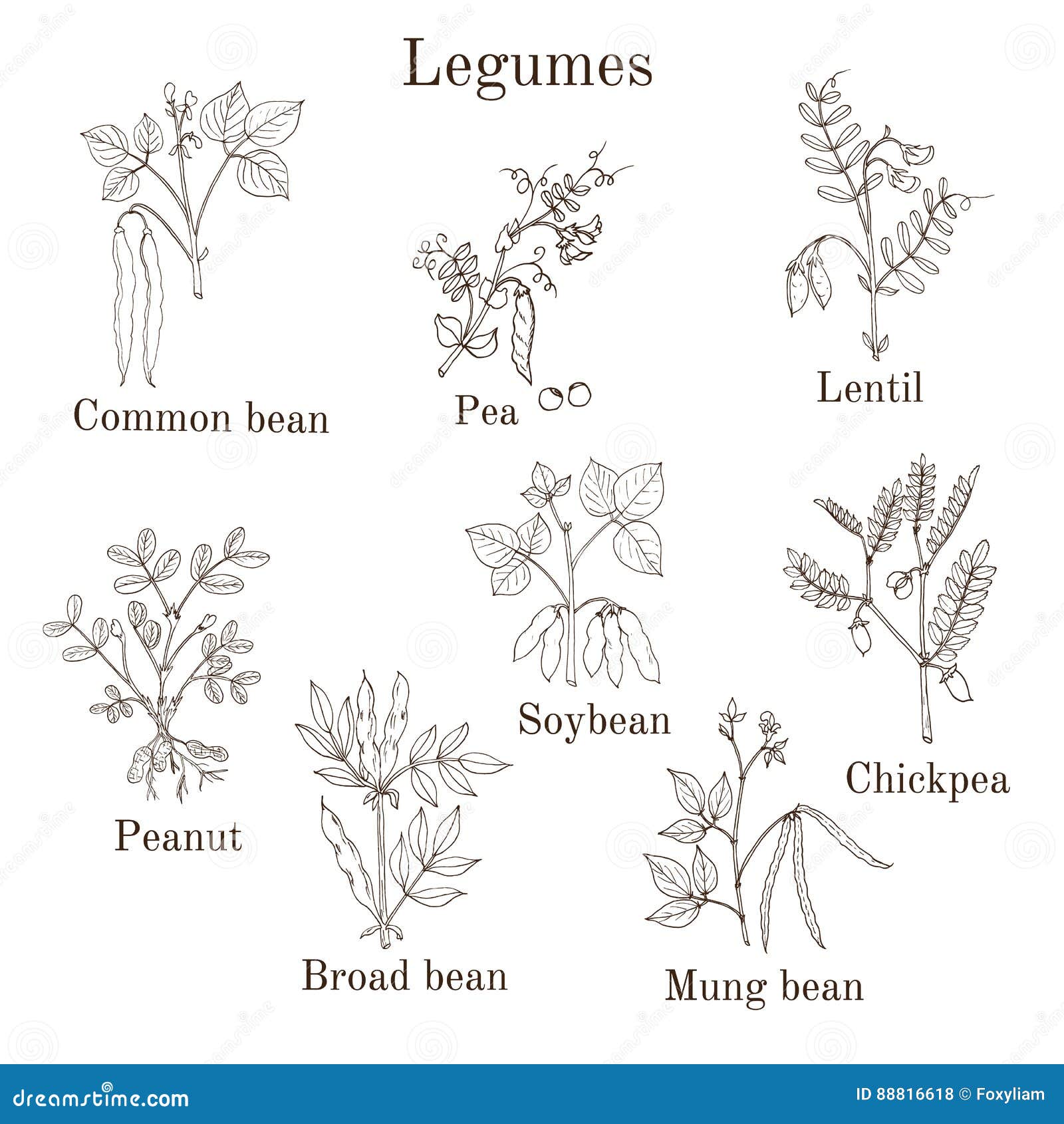
Peanut: The Nutrient-rich Legume With Health And Culinary Benefits

Nuts Sketch, Peanut Legume Beans, Almonds, Walnuts Stock Vector - Source www.dreamstime.com
Editor's Notes: Peanut: The Nutrient-Rich Legume With Health And Culinary Benefits have published today date". Give a reason why this topic important to read.
Our research team put together this detailed guide to help you understand the nutritional value and culinary versatility of peanuts. Whether you're a health-conscious individual or a culinary enthusiast, you will find valuable insights into the incredible benefits of incorporating peanuts into your diet and cooking.
Key differences or Key takeways, provide in informative table format
Transition to main article topics
FAQs
This section provides answers to frequently asked questions regarding peanuts, their nutritional value, and their culinary uses.

Lentil Nutrient of Facts and Health Benefits, Info Graphic Stock Vector - Source www.dreamstime.com
Question 1: Are peanuts a good source of protein?
Answer: Yes, peanuts are an excellent source of plant-based protein, providing approximately 25 grams per 100 grams of peanuts.
Question 2: Do peanuts contain healthy fats?
Answer: Yes, peanuts are rich in monounsaturated and polyunsaturated fats, which are beneficial for heart health.
Question 3: Can peanuts help lower cholesterol levels?
Answer: Yes, the fiber and phytosterols in peanuts have been shown to reduce low-density lipoprotein (LDL) cholesterol, which is the harmful type of cholesterol.
Question 4: Are peanuts high in fiber?
Answer: Yes, peanuts are a good source of both soluble and insoluble fiber, which can aid digestion and promote satiety.
Question 5: Are peanuts a versatile culinary ingredient?
Answer: Yes, peanuts can be incorporated into a wide variety of dishes, including salads, stir-fries, sauces, and baked goods.
Question 6: Are there any precautions to consider when consuming peanuts?
Answer: Yes, individuals with peanut allergies should strictly avoid peanuts and peanut-containing products to prevent severe allergic reactions.
Takeaway: Peanuts are a nutrient-dense legume that offers a range of health benefits and culinary applications. Their high protein, healthy fat, and fiber content make them a valuable addition to a balanced diet.
Next: Exploring the Medicinal Uses of Peanuts
Tips
Consuming peanuts is a healthy choice with various culinary applications. For optimal utilization, consider the following tips:
Tip 1: Choose whole, unsalted peanuts: Whole peanuts are richer in nutrients than processed or roasted ones. Avoid added salt to control sodium intake.
Tip 2: Use peanuts as a healthy fat source: Peanuts are rich in monounsaturated and polyunsaturated fats, beneficial for heart health. Incorporate them into salads, sandwiches, or trail mixes.
Tip 3: Add peanuts to smoothies: Blending peanuts into smoothies provides a creamy texture, protein boost, and healthy fats. Use unsweetened peanut butter or whole peanuts for a nutritious addition.
Tip 4: Make peanut sauces: Peanut sauces are a versatile culinary addition. Blend peanuts with soy sauce, vinegar, and spices to create a flavorful sauce for grilled meats, vegetables, or spring rolls.
Tip 5: Utilize peanut butter in baking: Peanut butter is a healthy substitute for butter or oil in baking. It adds moisture, richness, and nutritional value to cookies, cakes, and muffins.
Tip 6: Sprinkle peanuts on salads or soups: Add texture and flavor to salads or soups by sprinkling chopped peanuts on top. They provide a source of protein and healthy fats, enhancing nutritional value.
Tip 7: Roast peanuts for a crispy snack: Roasting peanuts intensifies their flavor and creates a crispy snack. Roast them in an oven at 350°F (175°C) for 15-20 minutes, stirring occasionally.
Tip 8: Store peanuts properly: Store peanuts in an airtight container in a cool, dry place. Whole peanuts have a longer shelf life than roasted peanuts, lasting up to several months.
By following these tips, you can enjoy the health and culinary benefits of peanuts, enhancing your overall well-being and culinary experiences.
For a more detailed exploration of peanut's nutritional and culinary significance, refer to our article Peanut: The Nutrient-Rich Legume With Health And Culinary Benefits.
Peanut: The Nutrient-Rich Legume With Health And Culinary Benefits
Peanuts, despite being commonly referred to as nuts, are in fact legumes that offer an array of nutritional and culinary advantages. From their rich nutrient profile to their versatility in cooking, peanuts hold a significant place in various cuisines worldwide, making them not only a tasty treat but also a valuable addition to a balanced diet.
- Nutritional Powerhouse: Peanuts pack a punch with essential vitamins, minerals, and healthy fats.
- Rich in Antioxidants: Resveratrol and other antioxidants in peanuts aid in reducing oxidative stress and inflammation.
- Heart-Healthy: The monounsaturated and polyunsaturated fats in peanuts contribute to maintaining heart health.
- Culinary Versatility: Peanuts lend their unique flavor to dishes ranging from savory stir-fries to sweet desserts.
- Peanut Butter: A popular spread, peanut butter provides a convenient and nutritious way to incorporate peanuts into the diet.
- Sustainability: As legumes, peanuts fix nitrogen in the soil, contributing to sustainable farming practices.
The combination of nutritional value and culinary versatility makes peanuts a versatile food source. Their abundance in essential nutrients contributes to overall health and well-being, while their distinct flavor and texture enhance culinary creations. Additionally, their role in sustainable farming practices further underscores their importance as a valuable crop, making peanuts a true gem in the world of food.

Peanuts: The humble legume with surprising health benefits | by Sindi5 - Source medium.com

Hand Drawn Set of Culinary Agricultural Legume Plants Stock Vector - Source www.dreamstime.com
Peanut: The Nutrient-Rich Legume With Health And Culinary Benefits
Peanuts, botanically classified as legumes, possess an array of nutritional attributes and culinary applications that contribute to their significance in promoting health and culinary experiences. As a rich source of protein, fiber, and essential vitamins and minerals, peanuts offer a multitude of health benefits, including reducing the risk of cardiovascular diseases, managing blood sugar levels, and promoting satiety. Their versatility in culinary preparations adds to their appeal, as they can be enjoyed in various forms, such as roasted, salted, blended into peanut butter, or incorporated into dishes like curries, salads, and desserts. Peanuts' unique flavor profile and nutritional composition make them a valuable component in both healthy and indulgent dietary choices.

About Benefits and efficacy of Tomato Fruit | culinary vacations - Source culinary-vacations.blogspot.com
The connection between peanuts' nutritional value and their health benefits is well-established. Peanuts' high protein content aids in muscle growth and repair, while their fiber content promotes digestive health and satiety. Additionally, peanuts are a rich source of monounsaturated and polyunsaturated fats, which contribute to maintaining healthy cholesterol levels and reducing the risk of cardiovascular diseases. Moreover, peanuts contain essential vitamins and minerals, including niacin, folate, magnesium, and zinc, which play vital roles in various bodily functions, such as energy production, cell growth, and immune system strengthening.
Peanuts' culinary versatility further enhances their appeal, allowing for their incorporation into a wide range of dishes. Their distinct nutty flavor and crunchy texture complement sweet and savory preparations alike. Roasted peanuts can be enjoyed as a healthy snack or added to salads for a boost of protein and crunch. Salted peanuts are a popular choice for snacking and can also elevate trail mixes and popcorn. Peanut butter, a beloved spread, is a versatile ingredient used in sandwiches, smoothies, and baking recipes. Additionally, peanuts can be ground into flour as a gluten-free alternative in various culinary applications, expanding their accessibility to individuals with dietary restrictions.
Understanding the connection between peanuts' nutritional richness and their health and culinary benefits highlights their significance in promoting overall well-being. Peanuts offer a nutrient-dense and flavorful addition to diets, contributing to both health maintenance and culinary enjoyment. By incorporating peanuts into daily meals, individuals can reap the benefits of their nutritional composition while exploring their versatility in culinary preparations.
| Nutrient | Benefits |
|---|---|
| Protein | Muscle growth and repair, satiety |
| Fiber | Digestive health, satiety |
| Monounsaturated and polyunsaturated fats | Healthy cholesterol levels, reduced risk of cardiovascular diseases |
| Niacin | Energy production |
| Folate | Cell growth |
| Magnesium | Muscle and nerve function |
| Zinc | Immune system strengthening |
Conclusion
Peanuts stand as a testament to the harmonious integration of nutritional value and culinary versatility. Their nutrient-rich composition offers a multitude of health benefits, ranging from supporting cardiovascular health to promoting digestive well-being and providing essential vitamins and minerals. The culinary applications of peanuts extend beyond their inherent flavor and texture, allowing them to enhance both sweet and savory dishes, from classic peanut butter sandwiches to innovative culinary creations.
As research continues to uncover the diverse health benefits of peanuts, their significance as a nutritional powerhouse is further solidified. By embracing peanuts in our daily diets, we can harness their potential to contribute to overall well-being, while simultaneously enjoying their culinary versatility. Peanuts serve as a reminder that nutritious foods can also be delicious and versatile, making them an ideal choice for health-conscious individuals and culinary enthusiasts alike.
Recomended Posts


